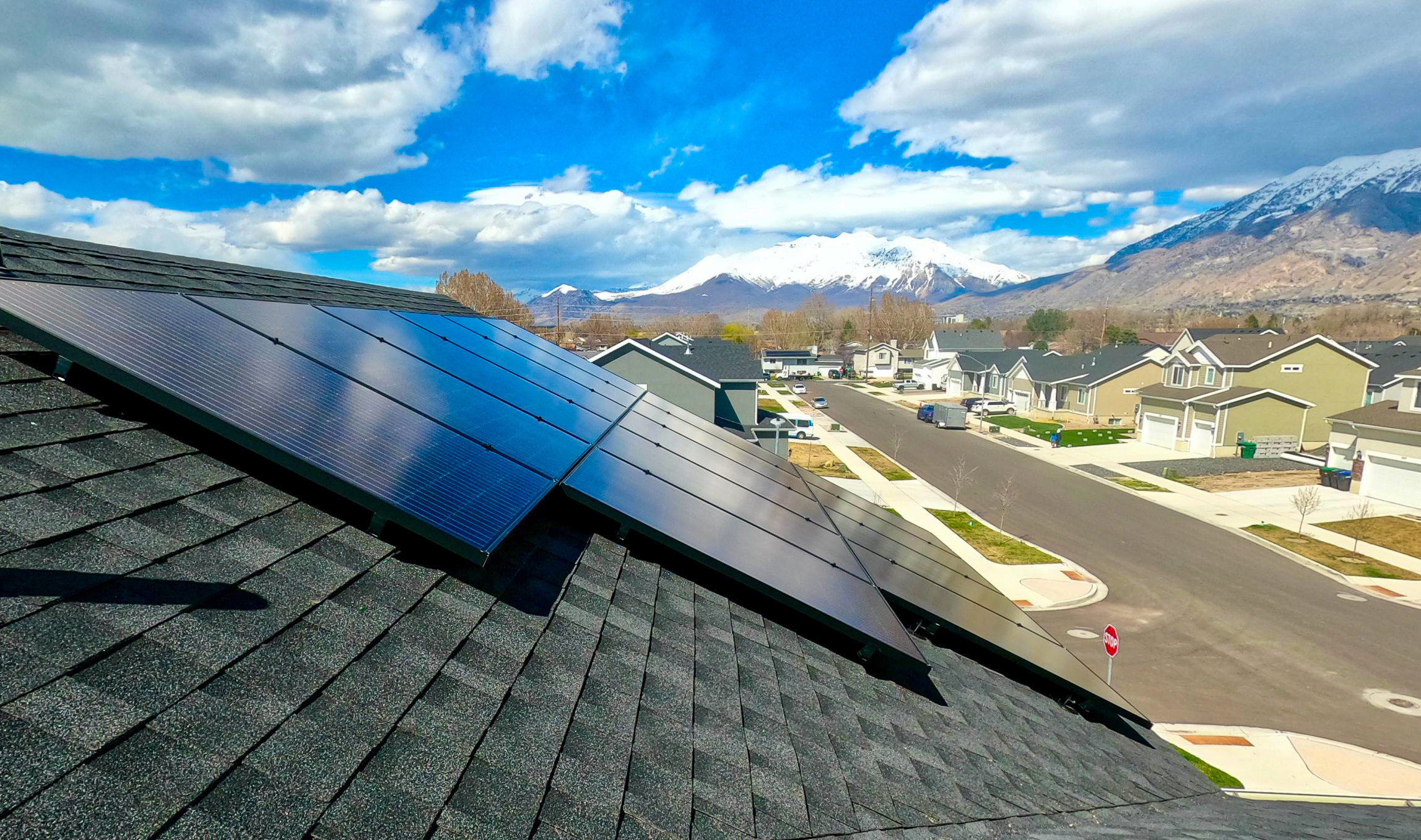
Colorado Springs Utilities Rates Are Increasing in 2026: What You Need to Know
CSU rates rise in 2026 with new Energy Wise time-of-use pricing. See what’s changing and how solar can help control energy costs. Learn more.

Our world has changed drastically in the past few months. As a result of the COVID-19 pandemic many people are now experiencing work from home and home schooling for the first time. With the constant use of the internet for both work and school, many customers are seeing a drastic increase in their electricity bills. Different utility companies have different billing structures, and time-of-use billing can be one of the most expensive during these times.
If you have heard of “surge pricing” for ride-sharing apps like Uber and Lyft, then you have a good idea of what time-of-use billing is. When the demand is higher for electricity, the utility company will charge you more per watt for the energy you consume. In the days before COVID-19 most people worked from an office and sent their kids off to school, this meant that electrical consumption was lower during the day and higher in the evening. What time-of-use billing was designed to do was drive down consumption during these “peak” times to relieve the strain on the over-taxed and outdated electrical grid. In addition to charging more during “peak” hours, many time-of-use billing structures will also charge more during summer hours when energy use spikes during the day when children are home and air-conditions are running full blast. What all of this adds up to is increased cost for electricity for the average household.
The best example of active time-of-use billing in Colorado is currently employed through Fort Collins Utilities in northern Colorado. As of October 1st, 2018, Fort Collins Utilities now charges their customers up to 3 times more for the electricity they use during “peak” hours. During off-peak hours, FCU customers are charged approximately $.07 a kilowatt hour, but during on-peak hours that same energy usage will cost you $.26 per kilowatt hour. Since this is the time most people use their energy, most customers saw an increase in their bill of up to 30% during these on-peak hours. FCU is not the only utility company using time-of-use billing. Here in Colorado IREA, PVREA and United power have already begun testing time-of-use billing, and Xcel energy will go to time-of-use billing for it’s customers in 2021.
So what can you do if/when your utility company switches to time-of-use billing? The first suggestion is always to do what you can to lower your electrical consumption during “peak” hours. A couple suggestions from Fort Collins Utilities include doing laundry or running your dishwasher in the morning instead of the evenings. Switching to LED light bulbs is another great way to lower your over all consumption along with installing energy-efficient appliances. You can find more information about the average electrical consumption for appliances in your home by clicking here.
One of the best ways to take control of your electrical bill and avoid additional rate hikes is to install a PV Solar plus backup battery system on your home. Going Solar has many great benefits for the average homeowner, however it can be even more beneficial for customers on time-of-use billing rates. The biggest reason Solar can help with time-of-use billing is that you can be using the electricity created by you own power system during “peak” hours. The sun is the strongest during the afternoon and early evening hours, this is when most “peak” hours are charged. With an added storage system, you can capture all the energy you do not use and store it for when you need it later on, thus avoiding the 30% rate hikes during time-of-use hours.
Get ahead of the upcoming rate hikes and billing changes coming to your area by finding out more about how a Solar + Storage system can benefit you!
Click Here for a free consultation with our Solar Experts.

CSU rates rise in 2026 with new Energy Wise time-of-use pricing. See what’s changing and how solar can help control energy costs. Learn more.

MVEA electric rates increase 8.5% in 2026. Learn what’s driving the hike, how it affects your utility bill, and how solar can help you stabilize costs.